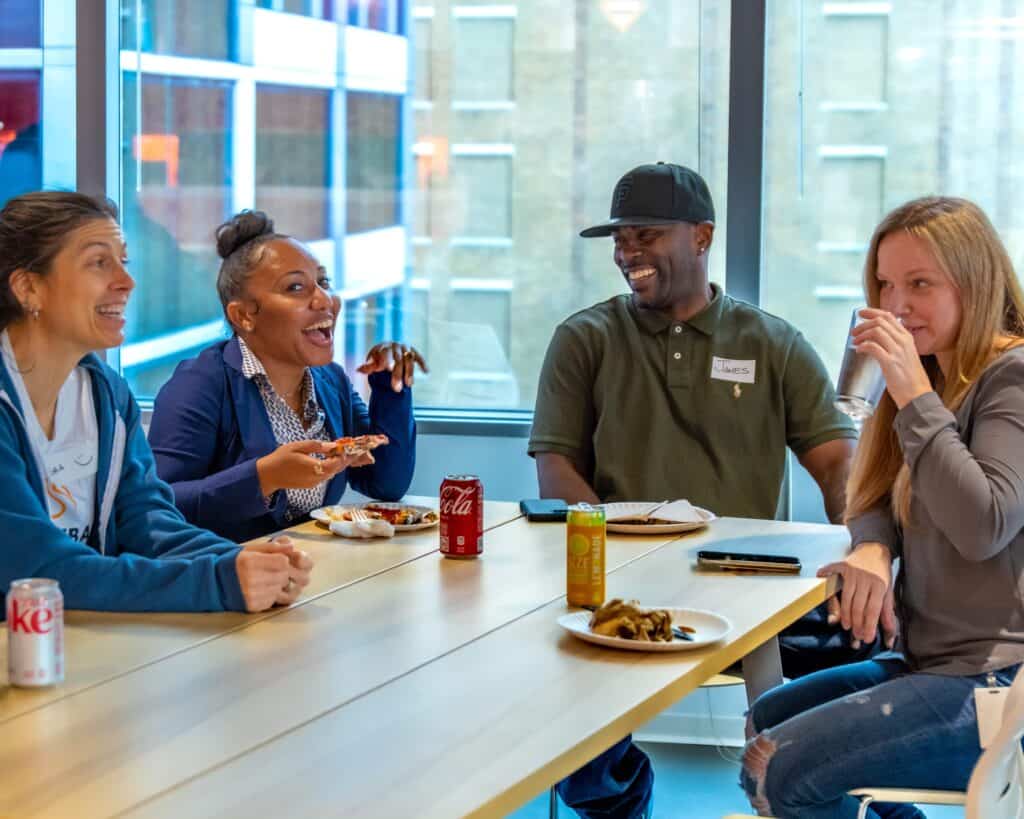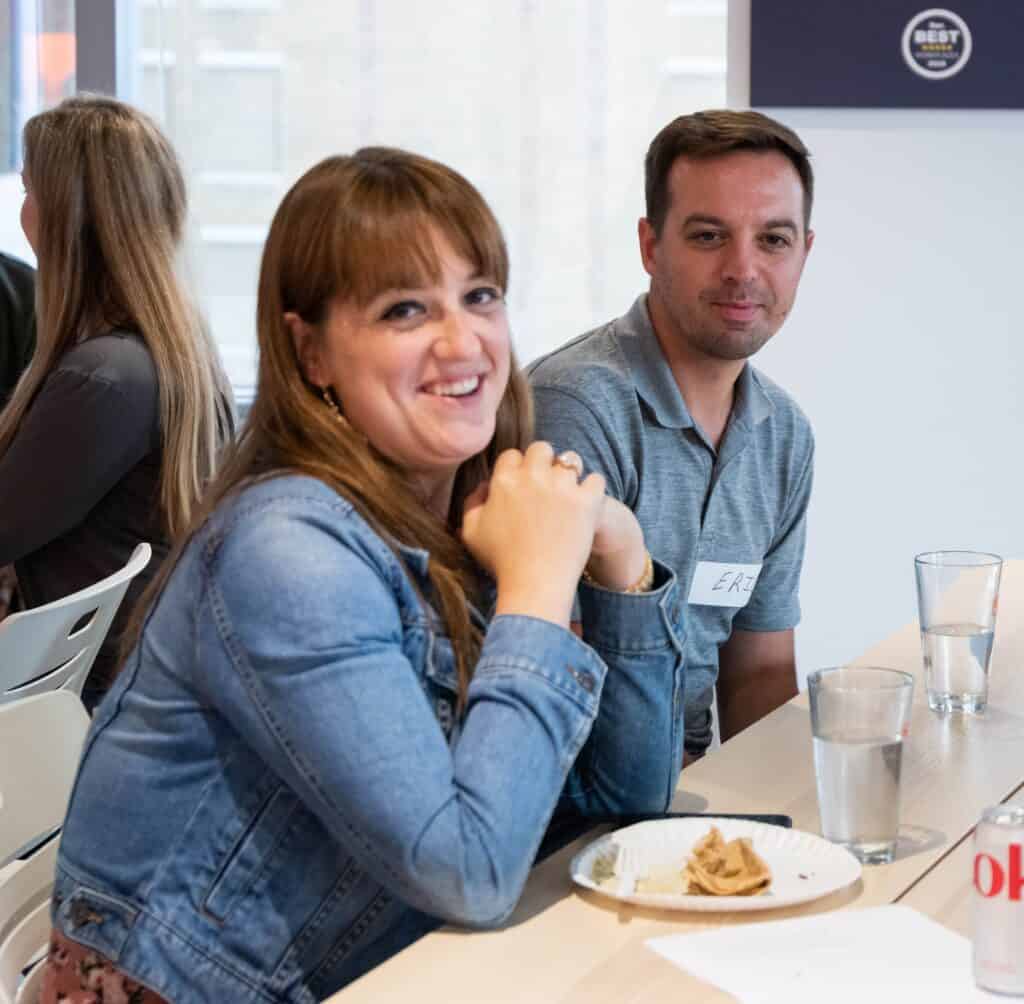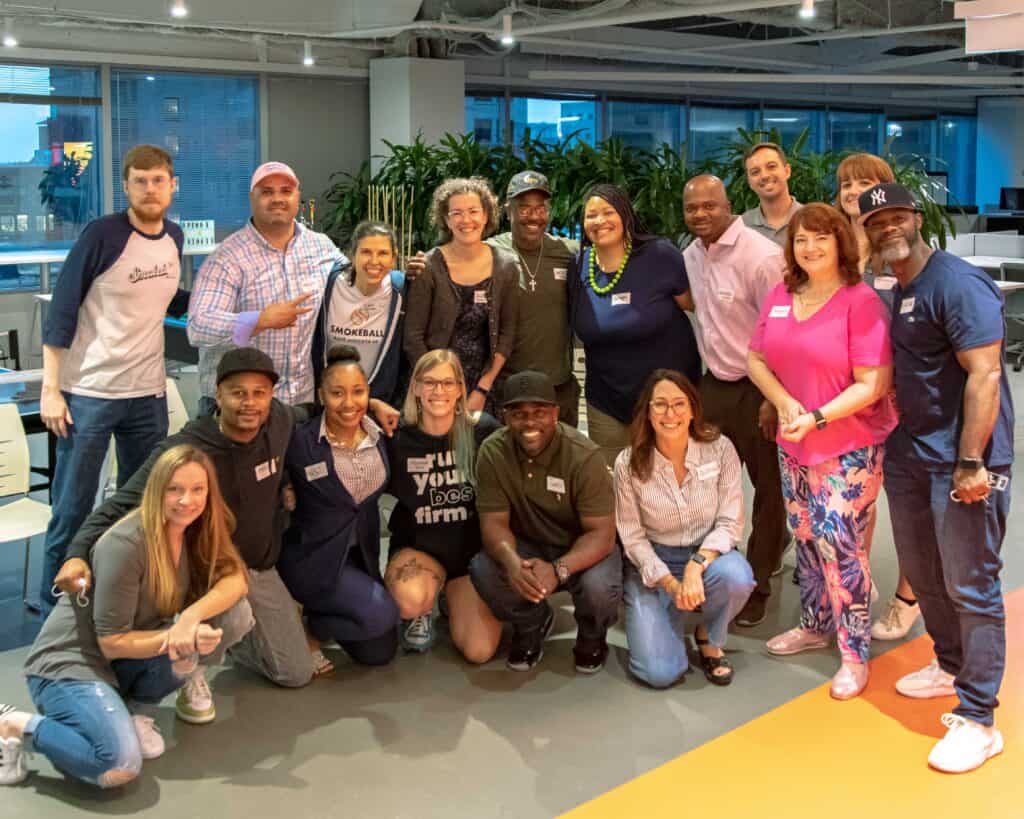Join our new volunteer program, Bridging the Gap.
Join Restore Justice’s Volunteer Team, Bridging the Gap: Help People Returning Home
We need your help! Join our new volunteer program, Bridging the Gap.
Our volunteers will help people who will be leaving prison within five years. Our goal is to build relationships between our Restore Justice volunteers and the impacted community. We hope to create a support system through one-on-one partnerships between volunteers and incarcerated individuals trying to plan for their transition back into society.
Volunteers will be connected with a person who is incarcerated and asked to help answer questions (including about how to obtain an ID, how to navigate technology, etc.). There will also be opportunities to help the person when they are released. This may include participating in life and job skills training, helping the person obtain their ID, and helping the person write a resume. You can choose which forms of help fit your skills and time commitment.




